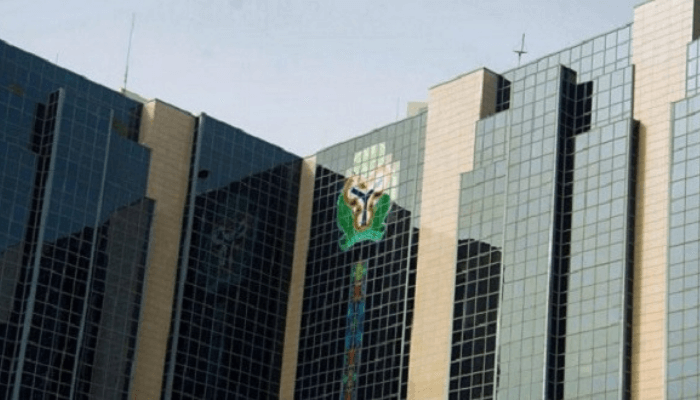… FDI inflows surge by $272.6m
Total foreign exchange inflows into the Nigerian Foreign Exchange Market (NFEM) declined by 6 percent month-on-month to $3.2 billion in September 2025, largely due to reduced participation by non-bank corporates and the Central Bank of Nigeria (CBN), according to data from FMDQ.
A report by FBNQuest indicated that this marks the second consecutive monthly decline following a 12 percent month-on-month drop recorded in August. The report explained that the September slowdown was primarily driven by weaker domestic participation, particularly from large private sector entities and the CBN, both of which contributed less foreign currency to the market.
FX inflows from non-bank corporates, which include major private companies and exporters, dropped sharply to $426 million in September from $826 million in August. The CBN’s interventions, which usually serve as a liquidity buffer in the foreign exchange market, also fell significantly to $261 million, compared with $574 million in the previous month.
The exporters and importers segment of the market experienced a slight decline of 3 percent month-on-month to $634 million in September, suggesting reduced export earnings during the review period.
Although domestic inflows weakened, foreign participation provided partial relief to the overall decline. Foreign Direct Investment (FDI) inflows recorded a remarkable surge, rising to $295 million from just $22.4 million in August. Similarly, contributions from foreign portfolio investors (FPIs) increased by 22 percent month-on-month to $1.3 billion, driven largely by attractive carry-trade opportunities and the relatively high yields in Nigeria’s fixed-income market.
Read also: Naira hits record N1,448.20/$ since EFEMS
However, FX remittances from other corporates, mainly multinational and foreign-owned firms, declined to $124 million from $150 million in the preceding month.
Despite the overall decline in FX liquidity, the naira has remained relatively stable in recent weeks, aided by subdued demand pressures and reduced import activity.
On Tuesday, the naira appreciated to an all-time high of N1,448.20 per dollar in the official market, marking its strongest level since trading began on the Electronic Foreign Exchange Market System (EFEMS).
This performance represents a notable appreciation of 14.70 percent, equivalent to N211.92, when compared to the N1,661.12 recorded in December 2024 during the early phase of the EFEMS platform.
At the close of trading on Tuesday, the local currency strengthened by 0.3 percent as the dollar was quoted at N1,448.20, compared with N1,452.79 on Monday. The parallel market, popularly known as the black market, remained stable as the naira closed at N1,485 per dollar, unchanged from the previous day.
Read also: Naira witnesses marginal loss as weekly FX inflows decline
Bala Moh’d Bello, a member of the Monetary Policy Committee (MPC), attributed the naira’s recent stability to the government’s foreign exchange reforms, tighter liquidity management, and renewed investor confidence. He explained that speculative activity in the FX market had dropped sharply, which has enhanced transparency and reinforced market-based price discovery.
According to him, the current level of stability in the naira is expected to continue in the medium term, supported by the steady buildup of Nigeria’s external reserves, which stood at $42.8 billion as of October 22, 2025. Bello also noted that the renewed interest of foreign investors in Nigeria’s fixed-income securities has provided additional support for the reserves and for overall market liquidity.
In recent months, sustained capital inflows from foreign portfolio investors have strengthened Nigeria’s external reserves and helped maintain relative stability in the FX market, even as domestic inflows remain subdued.

